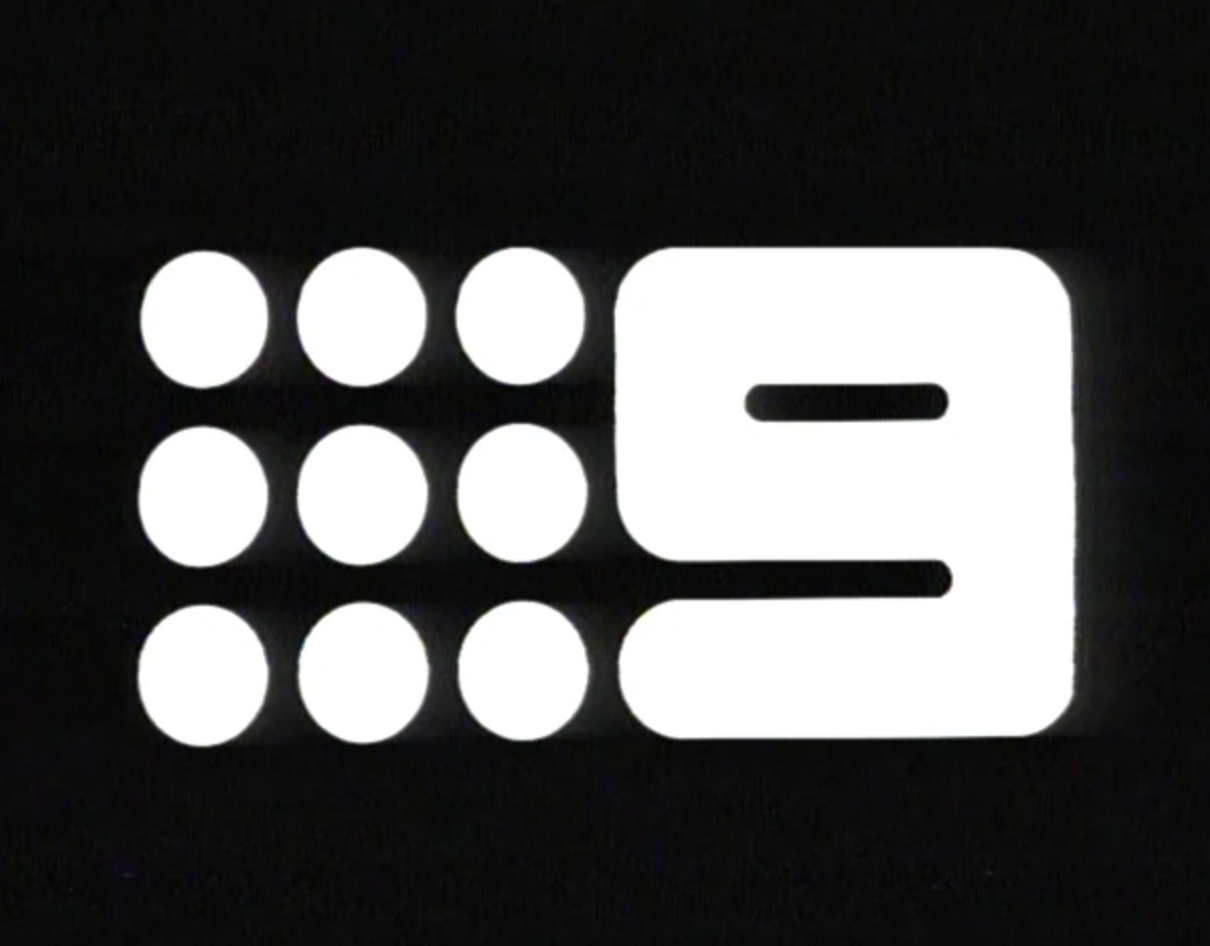Mental Health
Recommended Age Group: Any Age
Mental Health Speaker
Over 30% of Young Austrians have a Mental Health issue. Australian Youth survey emphasised in 2025 its was our top concern before Bullying, Abuse and discrimination. Global World in data has Australia as the Top worst in the world per captor including Mental health is one of the leading courses of substance abuse. Summary of Mission Australian Report Here.
According to this report, the top 3 personal concerns of Australian youth as of early 2025 are;
Coping with Stress: 34%
Mental Health 34%
Body Issues 33%
In this presentation, Jonny highlights Mental Health, the importance of talking about, normalising and seeking proven solutions to potential mental health disorders you may encounter. He makes reference to some of his own Mental Health experiences along with how he not only survived but thrived in times of hardship. Jonny provides practical solutions as well as emphasising the importance of taking care of ourselves in every area of life.
The presentation covers but is not limited to;
Mental Health: Gaining a greater understanding of how the brain functions under abnormal conditions, the many faces of Mental Health, and the link between our Thoughts, Actions and Emotions.
Understanding Emotions: Common emotions, how to identify them, what they mean and how to positively work with them.
Anxiety: Understanding Anxiety for what it is along with proven and practical ways on how to alleviate its effects on your mind & the difference between clinical and non-clinical anxiety
Depression: Understanding the varying levels of Depression along with how to identify and create a personalised strategy unique to the individual as to the best ways to pull themselves out of what can otherwise feel like a hopeless place.
Routines & Mental Health: Drawing the connection between Health across all areas of your life and how each area affects the other, along with ways in which to establish healthy routines, support systems and resilient minds.
Learning Outcomes: By the end of this presentation, students will be able to identify the most common mental health issues, what each emotion really means and how to work with it. Students will take away an understanding of the link between thoughts and physical feelings & develop their own copping plans including know whom to go to when they or a friend needs help.
Australian Curriculum:This presentation is tailored to the audience depending on age & outcomes. The presentation follows the Australian curriculum and Educational Analysis and consulting standard.
Curriculum Mapping — Mental Health Presentation
Years 7–8
Health and Wellbeing (ACPPS074)
➔ Investigate strategies to manage changes and transitions and their impact on identities.Emotions and Empathy (ACPPS075)
➔ Analyse factors that influence emotions, and develop strategies to demonstrate empathy and sensitivity.Help-Seeking Strategies (ACPPS076)
➔ Practise and apply strategies to seek help for themselves or others.Building Healthy Communities (ACPPS077)
➔ Plan and implement strategies for connecting to community and contributing to healthy and active communities.Critical Health Literacy (ACPPS078)
➔ Investigate and select strategies to promote health, safety and wellbeing.
Years 9–10
Identity and Influence (ACPPS089)
➔ Evaluate factors that shape identities, and critically analyse how individuals impact the identities of others.Managing Personal and Emotional Changes (ACPPS090)
➔ Propose, practise and evaluate strategies to manage personal, physical and social changes.Health, Safety, and Wellbeing Risk Management (ACPPS091)
➔ Plan, rehearse and evaluate strategies for managing health, safety and wellbeing challenges.Community and Social Connection (ACPPS092)
➔ Plan and evaluate strategies that promote community connection and resilience.Critical Thinking and Wellbeing (ACPPS093)
➔ Critically analyse and apply health information from diverse sources to enhance health and wellbeing.
Years 11–12 (Senior Secondary — Health and Human Development)
Understanding Health and Wellbeing (VCE HHD Unit 1, Outcome 1)
➔ Analyse the impact of relationships, changes and personal beliefs on health and identity.Managing Health and Development (VCE HHD Unit 2, Outcome 1)
➔ Apply and evaluate strategies to manage health, transitions and wellbeing.Australia’s Health in a Globalised World (VCE HHD Unit 3–4)
➔ Explore resilience-building and the importance of mental health promotion and early intervention.
Key Presentation Topics Mapped
Focus AreaCurriculum Link
Understanding emotional pain and the brainACPPS074, ACPPS075
Mental illness explained (stress, depression, phobias, addictions, compulsions)ACPPS075, ACPPS076, ACPPS090
Stress management strategies (identify, plan, prevent)ACPPS076, ACPPS091
Promoting positive mental health through social, physical, mental, and spiritual wellbeingACPPS077, ACPPS092
Self-talk and mental resilience ("battle won in the mind")ACPPS090, ACPPS093
Seeking help (counsellors, doctors, friends)ACPPS076, ACPPS091
Building personal resilience through healthy habits and beliefsVCE Health and Human Development (HHD) Units 1–4


















